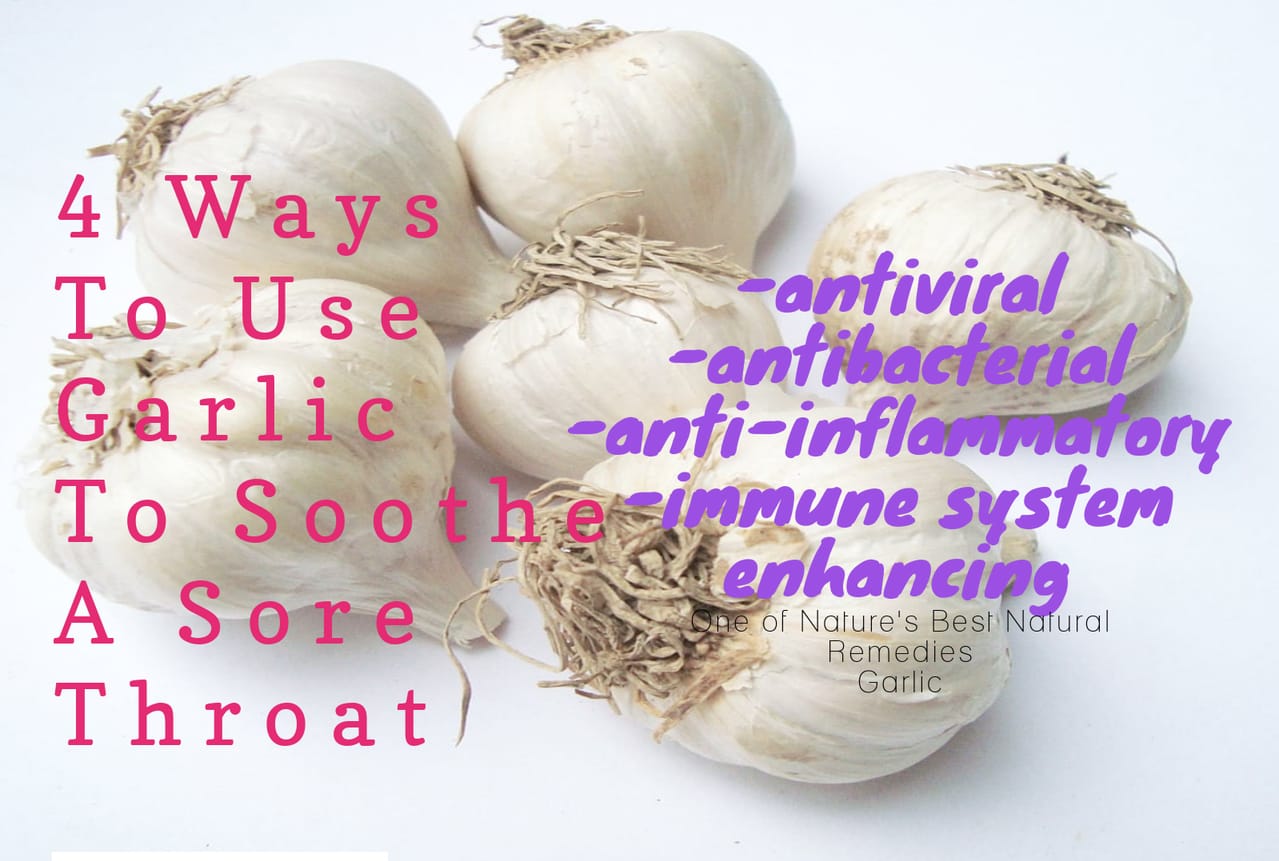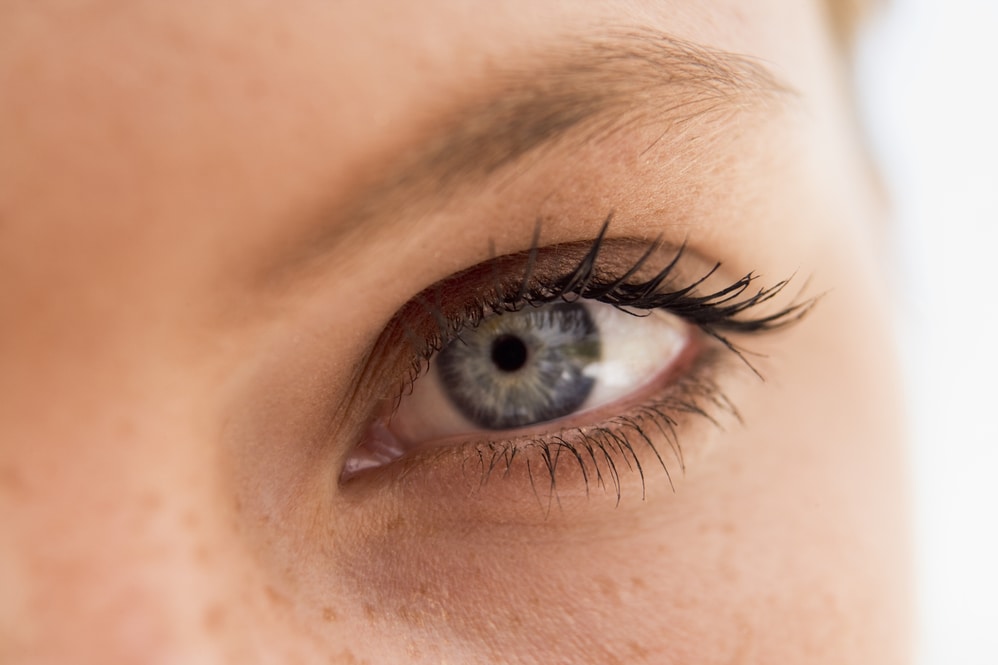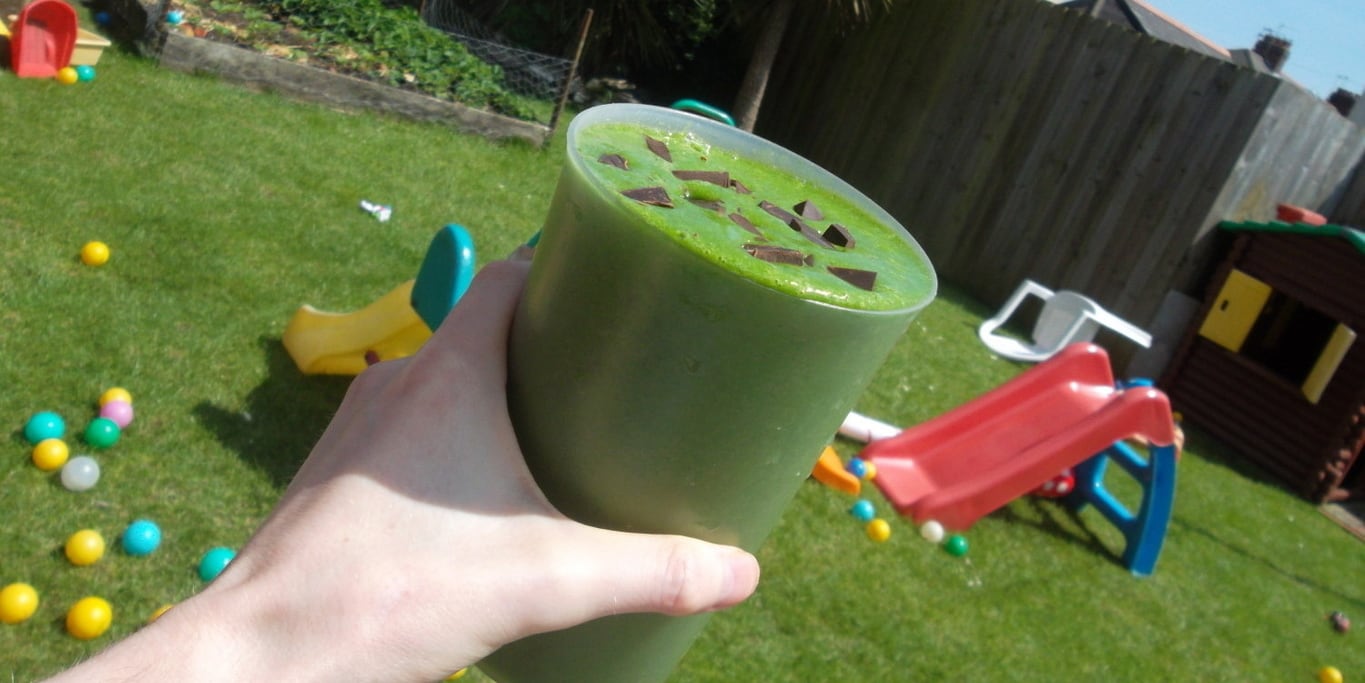Disclosure: This article may contain affiliate links. If you decide to make a purchase, I may make a small commission at no extra cost to you.
Melatonin is an important hormone which helps regulate our sleep cycle and is produced by the pineal gland. However, there are natural sources of melatonin which can be obtained from different foods and is able to be absorbed and pass the blood-brain-barrier because of its lipophilic nature, making it an effective sleep aid for some people.
Melatonin can be sold as a health supplement in many countries, while others it is restrictive for medical use only.
Although, given its very safe profile and lack of serious side effects in most people, laws have become more relaxed over the years and now more people are taking it not just to help promote sleep, but for its other health benefits as well.
After you finish this article, be sure to check out my article on insomnia!

What is melatonin and is it important?
Melatonin is not something that just affects the brain. The hormone is distributed throughout the body to different organs such as the lungs, muscles, bones, reproductive system, and other major organs.
The level of melatonin also starts to rise later in the evening around 8 pm and reaches its peak by 3-4 am. By 8 am, levels have fallen to its lowest level.
Like other hormones in the body, this normal daily cycle can be disrupted by things such as shift work, blue lights emitted from TV screens, phones, computers, and certain health conditions.
Maintaining a healthy sleep cycle by avoiding things which will delay the production of melatonin during the night will help improve your ability to fall asleep earlier and let you have a better night’s sleep.
Potential uses for melatonin in humans
- Sleep onset insomnia.
- Jet lag.
- Shift work.
- Help increase REM sleep.
- Traumatic brain injury.
Other beneficial effects
- Anti-inflammatory.
- Boosts immune system.
- Anticancer effects.
- Anti-diabetic effects.
- Anti-aging.
There’s still a lot to learn about the benefits of melatonin, but it’s clear that as we age, our levels of melatonin decrease and this may contribute to some of the conditions mentioned above. And it might also explain why older adults have a more difficult time with sleep quality.
Melatonin and the risk of disease
Sleep is very important for us if we want to stay healthy and feeling good. People who don’t get enough sleep lack are at a higher risk of diseases such as cardiovascular disease, diabetes, cancer, depression, autoimmune diseases, and also tend to suffer from poor immunity.
Lack of sleep can also be a major contributor or cause depression, anxiety, and increase the risk of accidents. It may also shorten one’s lifespan.
It’s clear from the overwhelming research on the matter that getting a good night’s sleep should be a priority.
How much sleep is needed?
It’s recommended we get over 6 hours minimum. Although 7 – 9 hours of sleep seems to be a good target for most adults according to research.
Some people can survive and even thrive on less sleep than others, but not much less. Even if they don’t feel the effects of it, it can still have marked effects on cognition, reaction times and other things.
Best natural sources of melatonin for better sleep
Whether or not you are an omnivore, vegetarian, or even a vegan, there are many different foods you can choose from which contain melatonin.
Research has shown that after consuming foods high in melatonin, there is a significant increase in circulating levels, meaning that it can be beneficial if certain foods are consumed at the right time.
Here are some of the top foods for melatonin.
#1. Tart Cherry Juice
In a pilot study published in 2010, researchers investigated the effect of cherry juice on insomnia in older adults. They reported that the group who received the cherry juice had significant reductions in insomnia severity and that it affected all sleep variables. There was no such improvement in the group who took the placebo.
Another study published in 2012 looked at the levels of a metabolite of melatonin in the urine of volunteers after consuming tart cherry juice and saw a significant increase compared to the placebo group. They also reported some improvements for the time spent in bed, total sleep time, and sleep efficiency.
How much do you need?
Each serving of tart cherry juice had the equivalent of around 100 cherries and it was diluted with 200 ml of water. Each dose of cherry juice contained 42.6 mcg of melatonin.
#2. Cereals
Cereals are one of the most commonly eaten foods in the world! They contain a small amount of melatonin and many are also enriched with an amino acid called tryptophan, which is a precursor to melatonin, thus helping improve sleep cycle and provide other benefits.
Which cereals are best?
Wheat – 124.7 ng per gram.
Barley – 82.3 ng per gram.
Oats – 90.6 ng per gram.
List of cereals high in tryptophan.
#3. Fruits
Fruits are one of my favorite foods, so it’s good to know that they are also a great source of the health-promoting hormone melatonin.
Grapes – 8.7 – 158 ng per gram.
Tart Cherries – 13.46 ng per gram.
Strawberries – 11.26 ng per gram.
#4. Vegetables
Vegetables should be a staple of any healthy diet since they contain a high level of antioxidants and beneficial compounds which promote good health.
Below is a list of the melatonin concentration in popular vegetables!
Peppers – 11.9 ng per gram (fresh weight) and 93.4 ng per gram (dry weight).
Tomato – 14.77 ng per gram (fresh weight) and 249.98 ng per gram (dry weight).
Mushrooms – 12,900 ng per gram in basidiomycota and 6800 ng per gram in basidiomycota.
#5. Nuts, Seeds, and Legumes
Mustard Seeds – White mustard seeds have 189 ng of melatonin per gram and black mustard seeds have 129 ng per gram.
Soybeans – 1.89 ng per gram.
Lentil – 1090 ng per gram.
Kidney bean – 529 ng per gram.
Pistachio – 233,000 ng per gram.
Walnuts – 3.5 ng per gram.
Should you supplement melatonin?
Supplementing melatonin is an option for people who require a higher dose to see any effects. Depending on which country you are from, this may or may not be something you can buy over the counter.
However, there are many popular stores, including Amazon, where you can find a variety of melatonin supplements up to 5 mg – which is significantly more than what you can get from eating foods that contain it.
You can also get melatonin prescribed by a doctor if you have a medical condition.
Potential side effects of prescription and OTC melatonin (high dose supplements)
- Hormonal changes – Women who are pregnant should not take melatonin and should speak to a doctor about it.
- Headaches – A very high dose of melatonin may cause headaches.
- Stomach cramps
- Dizziness
- Irritability
Melatonin is very safe and has been studied long-term. Most people are able to take melatonin without any issues for up to 2 years. Any side effects are also usually mild and transient.
Article reviewed and updated: March 2019.









